Global citizens need a global understanding of the past.
History classes at The Peak School embrace the principle that depth is more essential than coverage.
No matter what historical era you examine in class, you are asked to dig deeper than names and dates. You will learn how to: analyze choices made in history; explore perspectives distant from your own; recognize patterns in human behavior; find reliable historical sources; and how to find truth among scattered opinions.
These skills not only help you find your academic voice, but also help you to better understand the factors that shaped the world around you.
Humanities: World Cultures and Geography
(Grade 6) This course explores the dynamic interplay between patterns of human behavior and the places where people live. We read novels, explore cultures and the environments in which we live, and write and discuss how humans interact and are influenced by the world around us.
(Texts may include: Seedfolks, Birchbark House, A Long Walk to Water, Facing the Lion.)
Humanities: Human Behavior and Social Change
(Grades 7/8) This course focuses on civic responsibility in a democracy and the development of different political systems. We explore American government, its structure, and its ability to adapt to our modern culture. We examine human behavior by looking at The Civil Rights Movement and the rise of Nazi Germany and the Holocaust. By following the "Facing History and Ourselves" curriculum — which compels students to examine the human experience of conformity, obedience to authority, upstanders, bystanders, perpetrators, and victims — we will make connections between historical events and human nature.
(Texts may include: To Kill A Mockingbird, The Wave, Romeo and Juliet, The Power of One, 12 Angry Men.)
Humanities: The United States by the Decades
(Grades 7/8) Throughout this year we explore human culture, such as literature, art, philosophy, and history as we study the participation of citizens on the Homefront during the 20th Century. We examine engagement in our community, what it takes to create change, and explore the forces that influence those changes.
(Texts may include: Shackleton’s Stowaway, Black Duck, Into the Dust, Weedflower, Code Talker, Animal Farm, Touching Spirit Bear)
Ancient Civilizations
(Grade 9) How did the individuals, movements, ideas, and conflicts of these ancient civilizations influence the modern world? To answer this essential question throughout this course, we analyze and discuss how geography influenced how these early civilizations developed. Furthermore, we examine these early cultures through the use of primary and secondary sources.
The Modern World to 1900
(Grades 10/11) Ask 100 people to define the word “modern” and you will get 100 different answers. However, most historians will tell you that the Modern Era began roughly 500 years ago with the beginning of the Renaissance. This class traces the footsteps of civilizations all over the world to discover what individuals, movements, ideas, and conflicts shaped the most recent half millennia of human history. We discuss world-changing inventions such as the printing press, the religious civil wars that ravaged Europe following the Reformation, the philosophical innovations of the Enlightenment, the fall of the Indian Ocean Trading Network and the Silk Road, the follies of the Ming and Qing Dynasties in China, the establishment of global empires, and much more. Many of the stories told in this class will surprise you, but all of them will help you understand how the world came to be the way it was in 1900.
20th Century World History
(Grades 10/11) The 20th Century brought more change to the world than had been seen in the 19 centuries that preceded it. In this class we slow down and dissect not only the events already familiar to us, such as the Great Depression and the Cold War, but we also explore the untold stories of the 20th Century; Armenian refugees fleeing the Ottoman Empire in the early days of World War I, Chinese teenagers rebelling against their parents and teachers in the late 1960s, and South African inmates fighting for equality in the 1990s. These stories and many more will guide you toward a more complete view of the 20th Century and will make clear the connections between history and the way we live our lives today.
Sustainability Seminar
(Grade 12) How can we balance the needs of social, environmental and economic issues? Is it possible to find consensus and common ground among diverse stakeholders? In this course you have the opportunity to not only understand sustainability and learn how to apply it in different situations, but you also practice the skills needed to build consensus among seemingly diverse groups and opinions. We address contemporary social, humanitarian and environmental issues with a focus on finding solutions to these “wicked” problems. We practice respectful discourse with regards to our personal beliefs, values and opinions, and learn how to be engaged, active citizens in our local community and beyond.
“I love learning about history through books in humanities class. You get to know the facts, but also use your imagination.”

